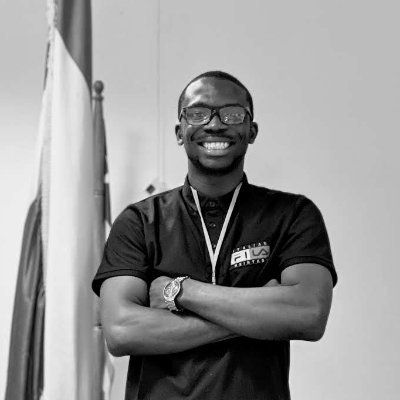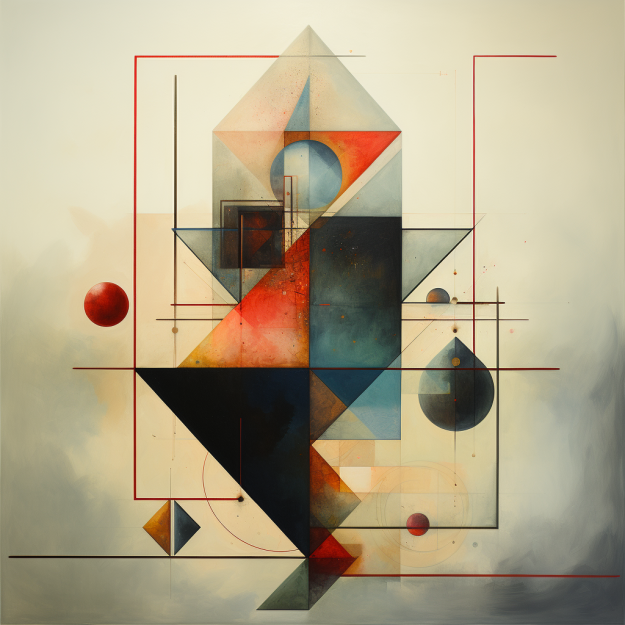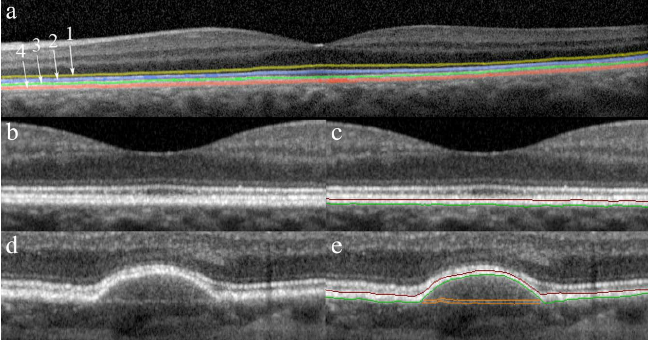
Why maximum heat is felt around 3pm not 12pm
The sun appears to be at the highest point in the sky at 12 noon solar time. At daylight savings time, it appears the highest at 1 pm. At this time, the sun is maximally heating the earth's surface. However, the time of the day that most heat is felt is around 3 pm. Why is this so?
The sun appears to be at the highest point in the sky at 12 noon solar time. At daylight savings time, it appears the highest at 1 pm. At this time, the sun is maximally heating the earth's surface. However, the time of the day that most heat is felt is around 3 pm. Why is this so?

The sun emits a lot of bands of light such as (ultraviolet, x-ray, gamma rays, visible light etc). In the visible spectrum with contains the color of the rainbow that we can see, the yellow light is more emitted by the sun. The emission comes from the sun, and passes through the atmosphere before hitting the ground. At this point, the atmosphere doesn't absorb the sunlight until it gets to the ground where it is then absorbed. The ground absorbs all the radiation from the sun, heating the molecules on the earth's surface. The heated molecules on earth's surface reradiates the energy absorbed from the sun. Now, the energy reradiated by the earth molecules is infrared and this energy gets absorbed by the greenhouse gases in the atmosphere. Some green house gases in the atmosphere (water vapour, carbondioxide, methane, and other trace gases) absorb the infrared radiation from the earth's surface. This causes a temperature increase because of the trapped energy by these greenhouse gases. Which means that the farther you are away from the earth's surface, the cooler it is going to be because most of the temperature would have been absorbed by the atmosphere closer to the ground.
This delay in the emission of light from the sun and the reradiation of the absorbed light from the sun to the atmosphere is the reason most heat is felt 3 hours later.
Tobiloba Adejumo Newsletter
Join the newsletter to receive the latest updates in your inbox.


